Casino personnel usually refer to chips as “cheques,” which is of French origin. Technically, there’s a difference between a chip and a cheque. A cheque is a chip with a denomination printed on it and is always worth the value of the imprinted denomination. Chips, however, don’t have denominations imprinted on them and any color can be worth any amount as defined by the dealer. For example, in a poker tournament, the dealer may define white chips as $1 and blue chips as $10; whereas, in a roulette game, the dealer may define white chips as $0.25 and blue chips as $2. Another example, the cheap red, white, and blue plastic chips that you buy at your local thrift store for your Friday-night poker game are called “chips” because they do not have denominations imprinted on them. If they had denominations, they would be called “cheques.”
When you plop your money down on the table and hear the dealer loudly say, “Cheque change only,” he is simply telling the boxman that a new player wants to exchange cash for chips (cheques), and that the cash on the table is not in play (i.e., you are not making any bets with your cash). Cash plays in most casinos, so if you put a $5 bill on the Pass Line just before the shooter rolls the dice and the dealer doesn’t exchange your cash for chips, your cash is “live” and “in play.” When the dealer says, “Cheque change only,” the boxman knows that your cash is not in play.
Technically, in live casino craps games, we play with cheques, not chips because they have denominations written on them. Occasionally, a player will approach the table, drop a $100 cheque in the apron or layout, and tell the dealer, “Cheque change, please.” It’s fun to act like a newbie and ask the player, “Hey, I’m new to this game, what’s a cheque?” Their wacky responses will amuse you. Most of the time, the player thinks the word is spelled “check” instead of “cheque,” and responds with something silly, such as “I’m checking with the dealer to make sure he knows I want change for my chip.” I usually play along, “Oh, I didn’t know that, thanks for the info.” Then, I watch the guy lose his $200 buy-in in 20 minutes and complain that he lost because of the cold dice instead of his ignorance of the game.
By William Enslen Jr
W. Enslen is an engineer who routinely works with statistics. Having played and analyzed casino craps for 30 years, he now offers his winning secrets that you can sample for free. Visit his new site for a free comprehensive craps how-to on all aspects of the game. Learn the truth about craps strategy without all the bogus hype.

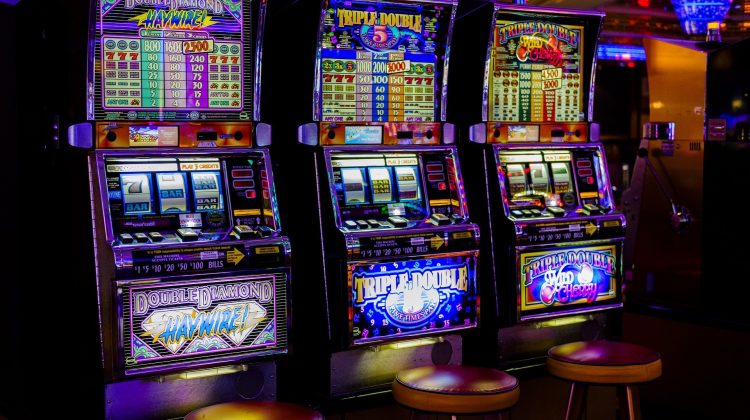
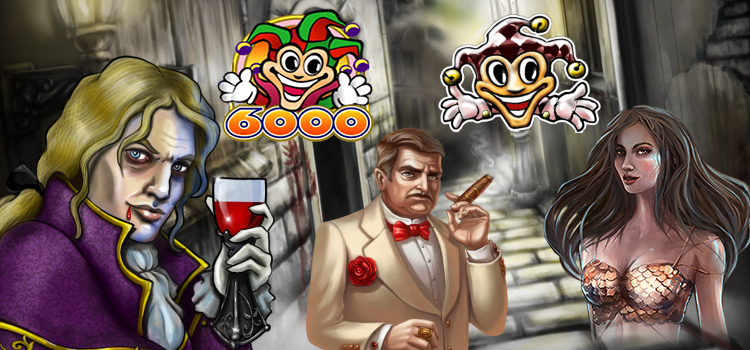
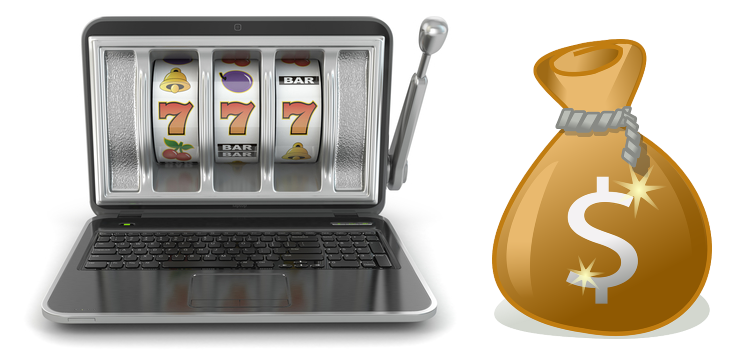

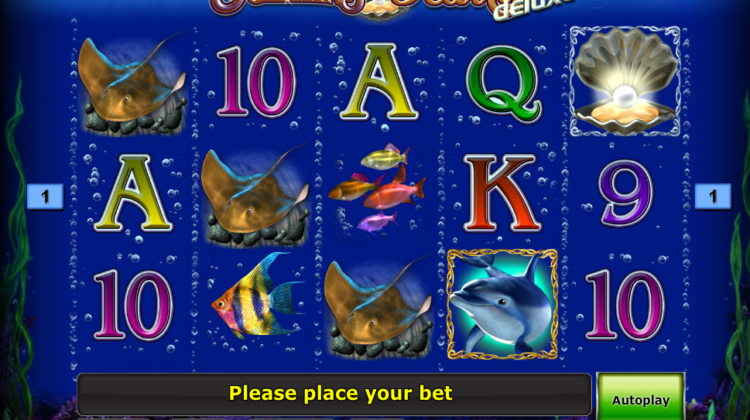
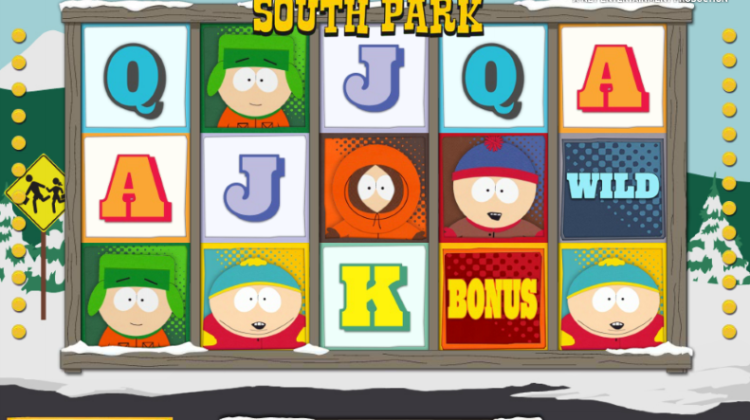

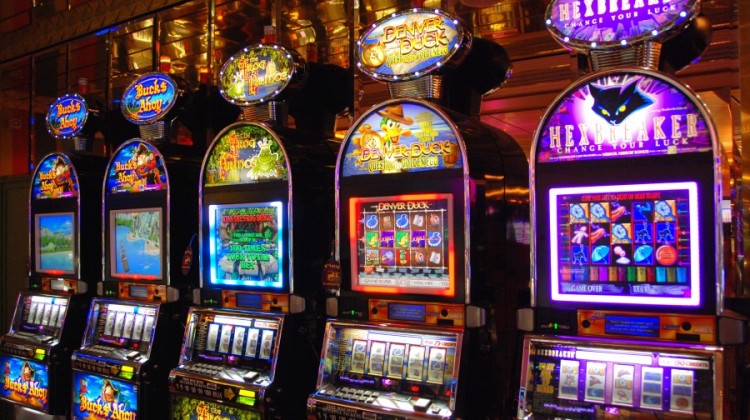
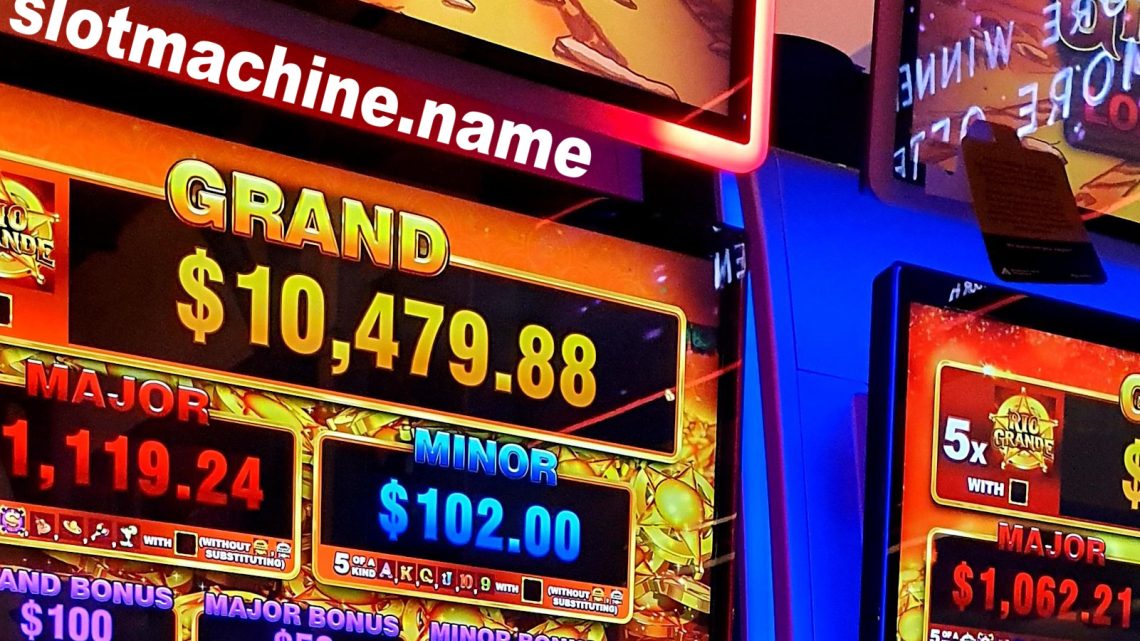
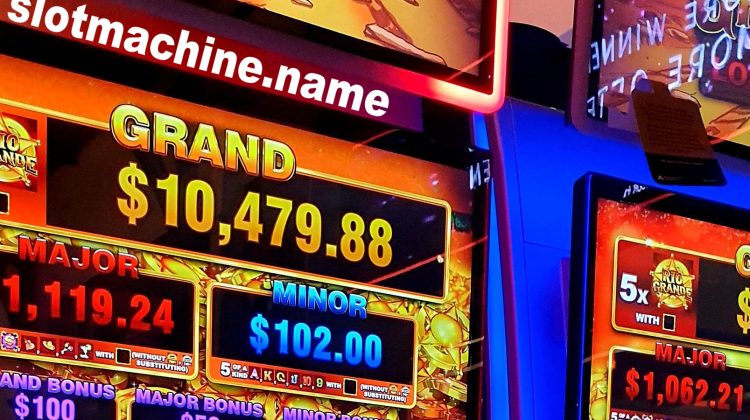
No Comment